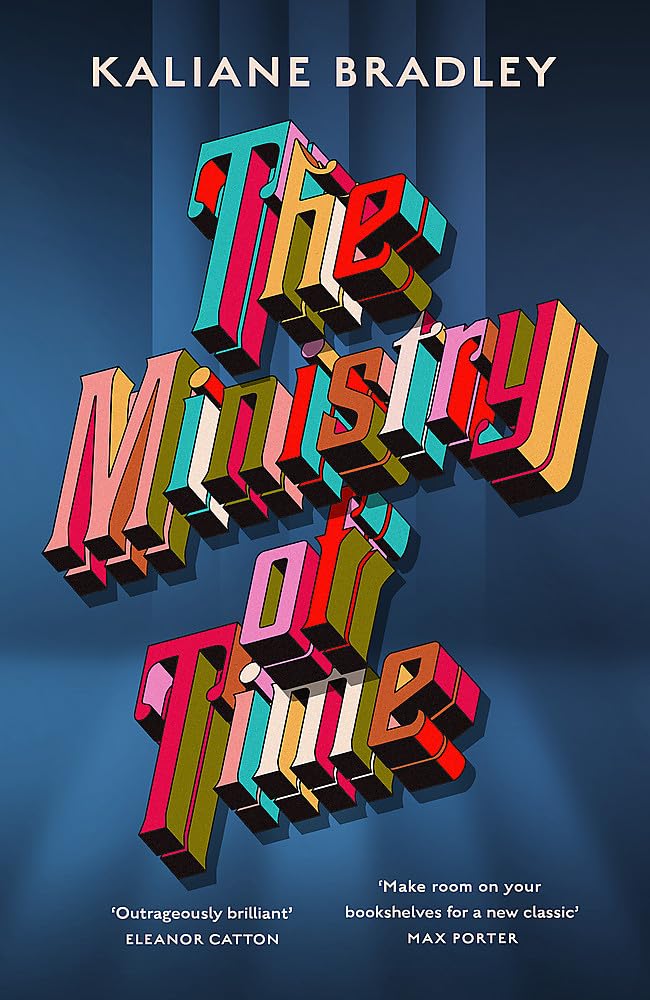KnitAFett ha recensito The Ministry of Time di Kaliane Bradley
Enjoyable.
3 stelle
I found this to be enjoyable, but it jumped around between the genres too much for my liking.
It really irked me that the MC never gets named. It was at least bearable due to the perspective being almost entirely from her point of view, but with how much she interacts with the other characters, it drove me a little bonkers that she was never called by any name.
I'm glad that I read this still, but it's not one that I'm ever going to have an interest in revisiting.
#SFFBookClub May 2025
I found this to be enjoyable, but it jumped around between the genres too much for my liking.
It really irked me that the MC never gets named. It was at least bearable due to the perspective being almost entirely from her point of view, but with how much she interacts with the other characters, it drove me a little bonkers that she was never called by any name.
I'm glad that I read this still, but it's not one that I'm ever going to have an interest in revisiting.
#SFFBookClub May 2025




